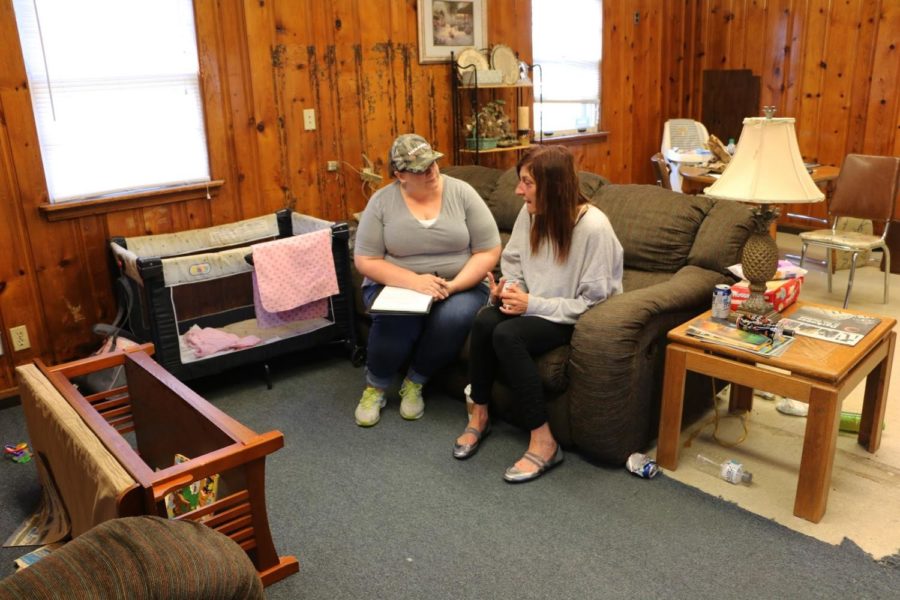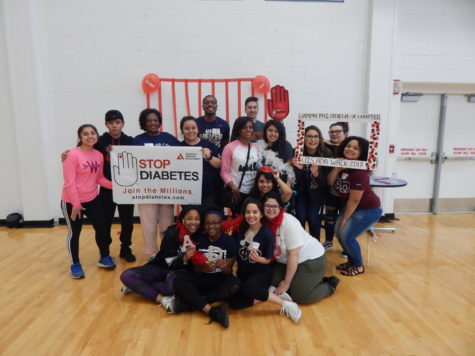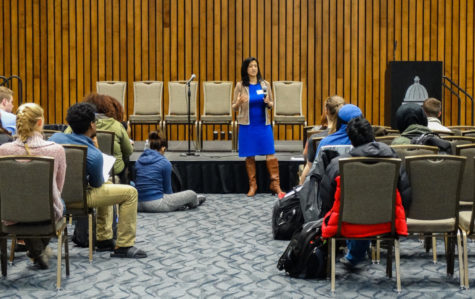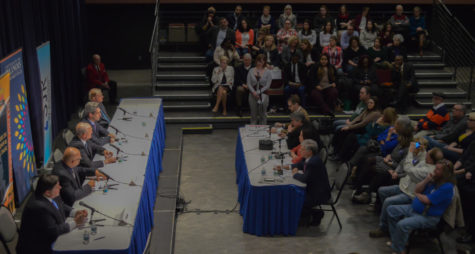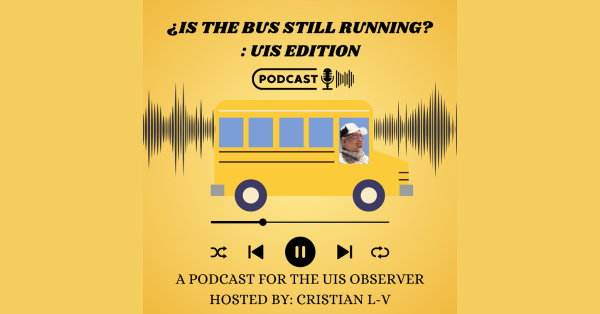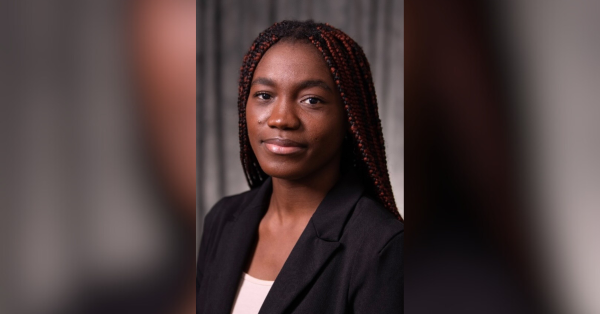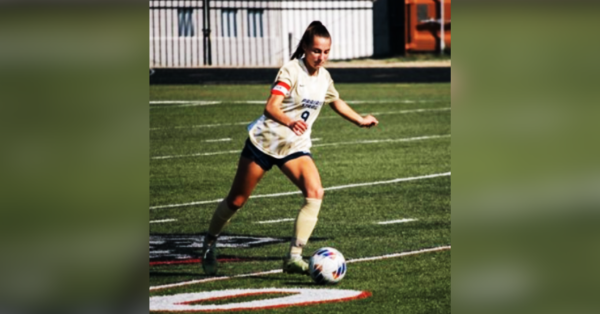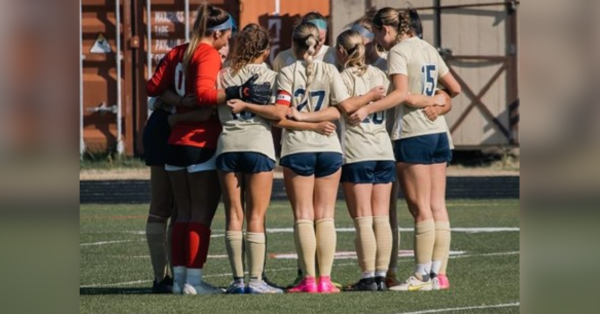UIS home to nationally recognized Child Advocacy Studies program
CAST trains students to gauge when child welfare is at stake
Although barely two years old, UIS’s Professional Certificate in Child Advocacy Studies program (CAST) has already received national attention, becoming one of three Gundersen National Child Protection Training Center (NCPTC) approved programs in the nation.
The CAST program is designed to educate the next generation of mandated reporters, teaching those interested in welfare how to best protect at-risk children and families. The program, which is entirely online, uses a Residential Simulation Lab to teach students how to recognize, report and respond to child maltreatment.
The program started in the spring semester of 2015 with 20 students. Since then, enrollment has nearly tripled with 75 students taking the required five CAST courses.
Betsy Goulet, Clinical Assistant Professor, and CAST coordinator, said she joined the program because she “knew very little about trauma” at the start of her career and believes that this training can “better prepare students and the workforce to respond to children who have been maltreated.”
The program has undergraduate and graduate students from a variety of disciplines, including Social Work, Psychology, Public Administration, Teacher Education, Human Development, and Criminology. Administrators are also working on making Global Child Advocacy course an ECCE by next fall.
“Our next plan is to submit the paperwork for an interdisciplinary CAST minor through the Psychology and Public Administration undergrad programs,” said Goulet. “We also have a CAST Advisory board with representatives from all of the departments who have students enrolled in CAST.”
The Gundersen NCPTC, located at Winona State University in Minnesota, created the CAST curriculum in 2004 as an interdisciplinary and collaborative approach to teaching child welfare practitioners.
UIS received Gunderson’s approval in April 2017 after proving that all faculty completed the required training program and that the courses closely model the original training program in Minnesota.
In the future, Dr. Goulet hopes to expand the CAST curriculum and collaborate with the Child Protection Training Academy to provide more experiential training experiences for the current frontline workforce in child protection.
“We are hoping to expand the training to include simulation training for multidisciplinary team members who work child abuse cases through the Child Advocacy Centers throughout the state,” she said.



